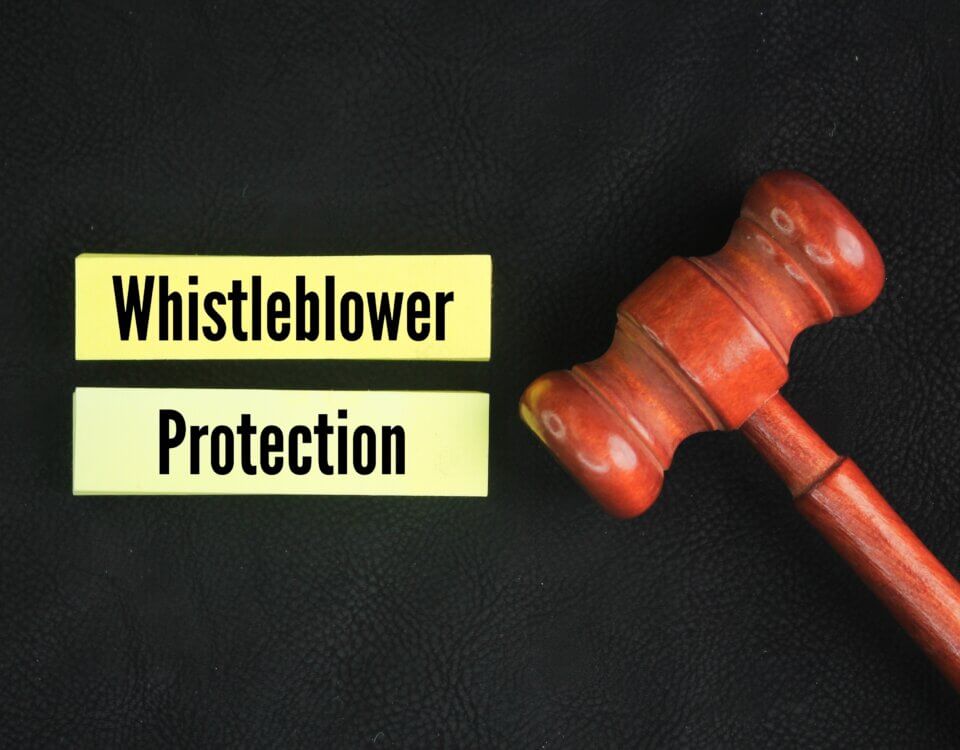Pregnancy should be an exciting and supported chapter of life, not a reason for discrimination, stress, or job loss. California has some of the strongest pregnancy protection laws in the country, giving workers the right to medical leave, job protection, reasonable accommodations, and freedom from discrimination. When employers violate these rules, employees may have powerful legal claims.
This guide explains what pregnancy discrimination looks like, the leave laws that protect employees, employer responsibilities, and how workers can take action.
What Is Pregnancy Discrimination?
Pregnancy discrimination happens when an employer treats an employee unfairly because of pregnancy, childbirth, or related medical conditions. California law treats pregnancy discrimination as a form of sex discrimination.
Examples of pregnancy discrimination include:
- Firing a pregnant employee
- Refusing to hire someone because they are pregnant
- Demoting or reducing hours after learning about the pregnancy
- Denying pregnancy related medical accommodations
- Pressuring an employee to take leave early
- Refusing to reinstate after maternity leave
- Making negative comments about pregnancy
- Assigning harder or unsafe tasks due to pregnancy
The California Civil Rights Department outlines pregnancy discrimination protections at https://calcivilrights.ca.gov.
California’s Pregnancy Leave Laws
California provides multiple layers of leave and job protection for pregnant employees. Many workers qualify for more than one law at the same time.
1. Pregnancy Disability Leave (PDL)
PDL allows employees to take up to 4 months of leave for:
- Pregnancy related medical conditions
- Prenatal care
- Severe morning sickness
- Doctor ordered bed rest
- Childbirth and recovery
PDL applies regardless of company size, as long as the employer has 5 or more employees.
2. California Family Rights Act (CFRA)
After recovering from childbirth, employees may qualify for an additional 12 weeks of baby bonding leave under CFRA. This leave is separate from PDL.
3. Family and Medical Leave Act (FMLA)
FMLA provides up to 12 weeks of job protected leave for eligible employees. Some workers may use FMLA and CFRA back to back depending on the situation.
The U.S. Department of Labor provides federal FMLA information at https://www.dol.gov/agencies/whd/fmla.
4. Reasonable Accommodations for Pregnancy
Employers must provide accommodations such as:
- Light duty or modified job tasks
- More breaks for water, rest, or bathroom needs
- Schedule flexibility
- Remote work when feasible
- Transfer away from hazardous tasks
- Seating accommodations
Denying these accommodations is illegal unless the employer can prove undue hardship.
How Much Leave Can a Pregnant Employee Take?
Between PDL and CFRA, many employees are entitled to:
- Up to 4 months of PDL
- Up to 12 additional weeks of CFRA bonding leave
This can total more than 7 months of protected leave for pregnancy and bonding, depending on the situation.
Common Signs of Pregnancy Discrimination
Workers may be experiencing discrimination if:
- Hours are reduced after announcing pregnancy
- They are written up for minor issues after requesting accommodations
- Management pressures them to start maternity leave early
- They are removed from their schedule
- Job duties are taken away without explanation
- They are treated differently than coworkers
- They experience negative comments about pregnancy or motherhood
- Their job is not restored after returning from leave
Negative treatment connected to pregnancy is often enough to support a claim.
Employer Responsibilities Under California Law
Employers must:
- Allow pregnancy related medical leave
- Provide reasonable accommodations
- Engage in the interactive process
- Maintain health insurance during protected leave
- Restore the employee to the same or comparable position
- Prevent discrimination and retaliation
If an employer fails to follow these rules, they may be breaking the law.
Retaliation for Pregnancy Related Rights
Retaliation is illegal. Examples include:
- Firing an employee for taking leave
- Cutting hours after asking for accommodations
- Giving negative evaluations after pregnancy disclosure
- Denying raises or promotions
- Harassing the employee after maternity leave
- Pressuring the employee to resign
Retaliation often creates an additional legal claim.
Medical Documentation and Leave Requests
Employees may need to provide medical documentation for:
- Pregnancy disability leave
- Modified duties
- Work restrictions
- Time off for appointments
- Return to work
Employers must accept valid doctor documentation and cannot demand excessive details about medical conditions.
What Compensation Can Victims Recover?
Employees may recover:
- Lost wages
- Future lost earnings
- Emotional distress damages
- Medical costs
- Out of pocket losses
- Attorney fees
- Punitive damages for intentional violations
Courts take pregnancy discrimination very seriously because it harms workers and families during vulnerable moments.
Evidence That Helps Prove a Claim
Strong evidence includes:
- Emails or texts about pregnancy or leave
- Doctor notes and accommodations requests
- Witness statements
- Notes documenting conversations
- Performance reviews before and after the pregnancy
- HR complaint records
- Schedules showing reduced hours
- Proof of different treatment after revealing pregnancy
The closer the timing between pregnancy disclosure and negative treatment, the stronger the case.
Final Thoughts
Pregnancy should be met with support, not discrimination. California law gives pregnant employees powerful protections, including job protected leave, accommodations, and freedom from retaliation. When employers violate these rights, employees may be entitled to substantial compensation.
Note: These blog posts are created solely for the use of Hillstone Law. The information is gathered from internet research, publicly available sources, and artificial intelligence (AI) tools such as ChatGPT. While we aim to share helpful and educational content, Hillstone Law does not independently verify every detail. Some information may be incomplete, outdated, or subject to change without notice. If you believe any part of a post is inaccurate, misleading, or infringes upon copyright, please contact Hillstone Law immediately so we can review it and take appropriate action, including correction or removal.
Disclaimer: The material provided in these blogs is for general informational purposes only and should not be considered legal advice. Reading these posts does not create, and is not intended to create, an attorney-client relationship with Hillstone Law. Our intent is to share knowledge, raise awareness, and provide helpful resources to the public; however, Hillstone Law makes no warranties or guarantees about the accuracy, completeness, or reliability of the information provided, and expressly disclaims liability for any actions taken in reliance on it. The photos used in these posts are for illustrative purposes only and do not depict actual clients, individuals, or incidents unless expressly stated. If you or a loved one has been injured in an accident, please contact Hillstone Law at (855) 691-1691. Our attorneys are available to answer your legal questions and help you understand your rights.







